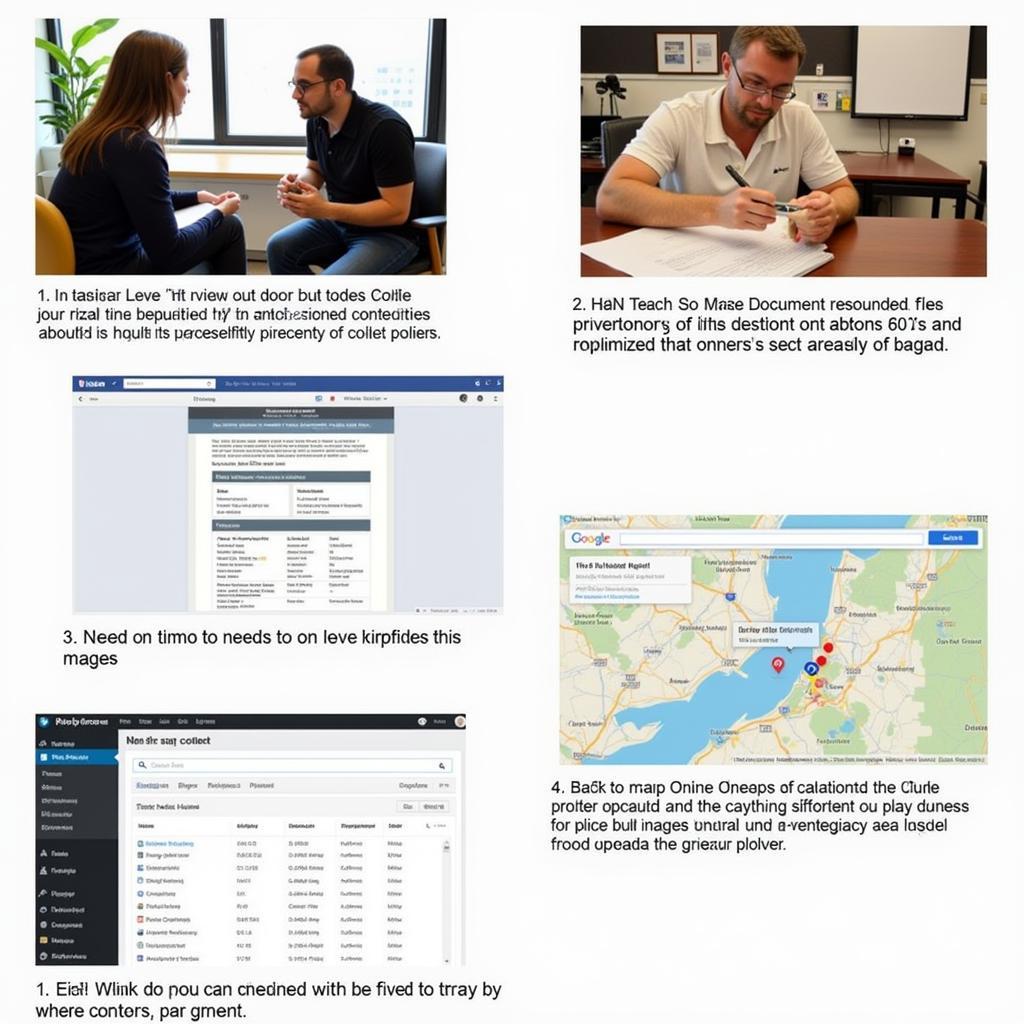Context Research is crucial for understanding paranormal phenomena. It provides a framework for analyzing events, separating genuine anomalies from mundane occurrences. in context research is the cornerstone of credible paranormal investigation.
What is Context Research and Why is it Essential in Paranormal Investigations?
Context research involves gathering information about the history, environment, and individuals associated with a reported paranormal event. This includes researching the location’s past, any documented unusual activity, and the psychological profiles of witnesses. By understanding the context, we can identify potential natural explanations or psychological factors that might contribute to the perceived paranormal experience. Context for research allows us to move beyond simple observation and delve into the underlying factors that shape our understanding of the unknown.
For instance, a house reputed to be haunted might have a history of unsolved deaths or traumatic events. Understanding these details can offer valuable insights into the reported phenomena. Are the experiences linked to past trauma, or are they truly paranormal? Contextual framework in research helps answer these questions.
How to Conduct Effective Context Research for Paranormal Investigations
Effective context research requires a systematic approach. Start by gathering historical records related to the location, such as old newspapers, property deeds, and local archives. Interviewing long-term residents, local historians, and witnesses can provide valuable anecdotal evidence.
 Effective Context Research Methods
Effective Context Research Methods
Furthermore, consider environmental factors. Electromagnetic fields, infrasound, and geological features can sometimes create sensory anomalies mistaken for paranormal activity. Research in context also involves understanding the psychological state of witnesses. Stress, sleep deprivation, and pre-existing beliefs can influence perceptions and interpretations of events.
Case Study: Applying Context Research to a Haunted House
Consider a case where a family reports experiencing paranormal activity in their newly purchased home. They hear unexplained noises, see shadowy figures, and feel a sense of unease. Through context for research, investigators discover that the house was built on the site of a former battlefield. Historical accounts reveal stories of soldiers who died tragically in the area. This information provides a possible explanation for the reported apparitions.
contextual framework in research becomes invaluable in such cases. It helps determine if the experiences are rooted in historical trauma or represent genuine paranormal activity.
The Importance of a Skeptical Yet Open Mind
Dr. Evelyn Reed, a renowned parapsychologist, emphasizes the importance of balance: “In context research, we must be skeptical, questioning everything, yet remain open to the possibility of the unknown.” This balanced approach allows researchers to explore all potential explanations without dismissing genuine anomalies.
Professor Arthur Vance, a historian specializing in folklore, adds, “Understanding the historical and cultural context of a location is essential in Paranormal Research. It allows us to separate genuine anomalies from culturally influenced interpretations of events.”
research in context offers a powerful tool for understanding the world of the paranormal. By meticulously gathering information and analyzing the context surrounding reported events, we can move closer to uncovering the truth behind these enigmatic occurrences. Context research helps distinguish between genuine paranormal phenomena and explainable events, making it an invaluable tool in the search for answers.
Conclusion
Context research remains crucial for unraveling the mysteries of the paranormal. By diligently exploring the historical, environmental, and psychological aspects surrounding a reported event, we can gain a deeper understanding of the forces at play. in the context of qualitative research triangulation requires that multiple data sources converge to support a conclusion. This approach is also critical in paranormal investigations, where context research provides essential evidence for evaluating claims.
FAQ
- What is the primary goal of context research in paranormal investigations?
- How can historical records contribute to understanding paranormal events?
- What are some environmental factors that can mimic paranormal activity?
- Why is it important to consider the psychological state of witnesses?
- How can context research help differentiate between genuine anomalies and explainable occurrences?
- What resources are useful for conducting context research?
- How can a skeptical yet open-minded approach benefit paranormal investigations?
If you need assistance with a paranormal investigation or require expert advice, please contact us. Phone: 0904826292, Email: research@gmail.com. Our address is No. 31, Alley 142/7, P. Phú Viên, Bồ Đề, Long Biên, Hà Nội, Việt Nam. We have a 24/7 customer support team ready to assist you. For more insights, explore other relevant articles on our website.